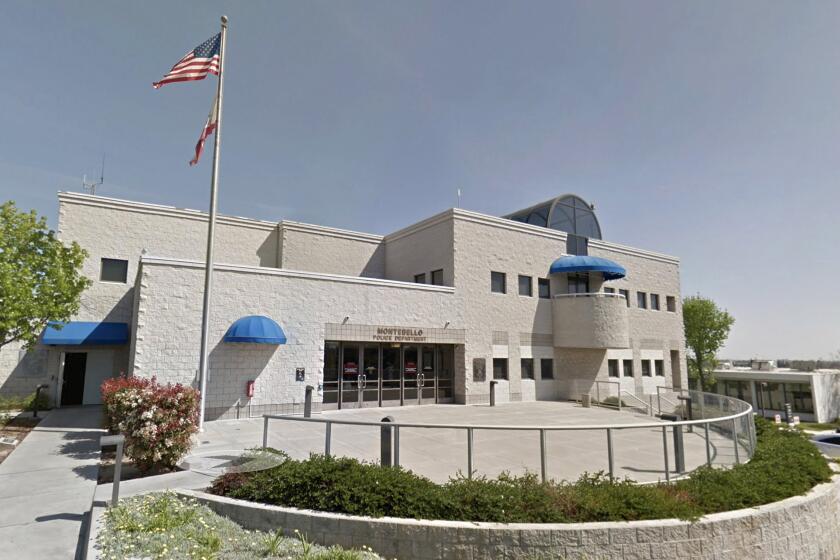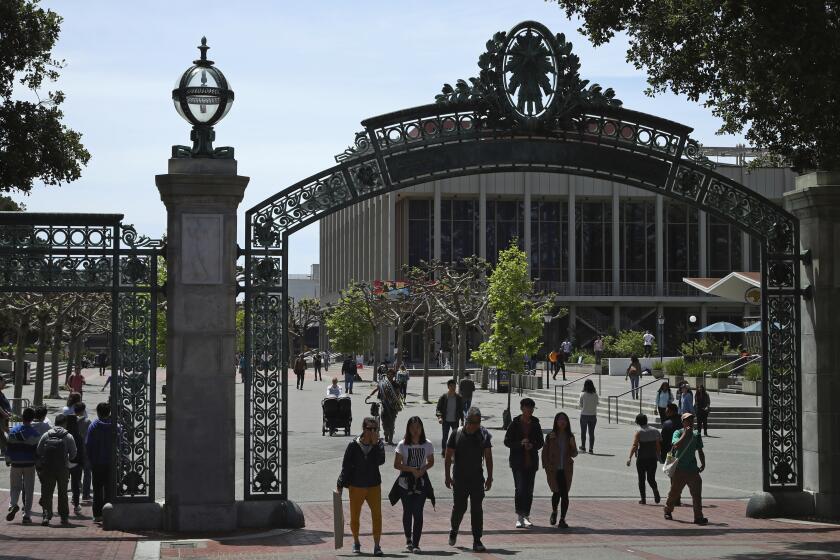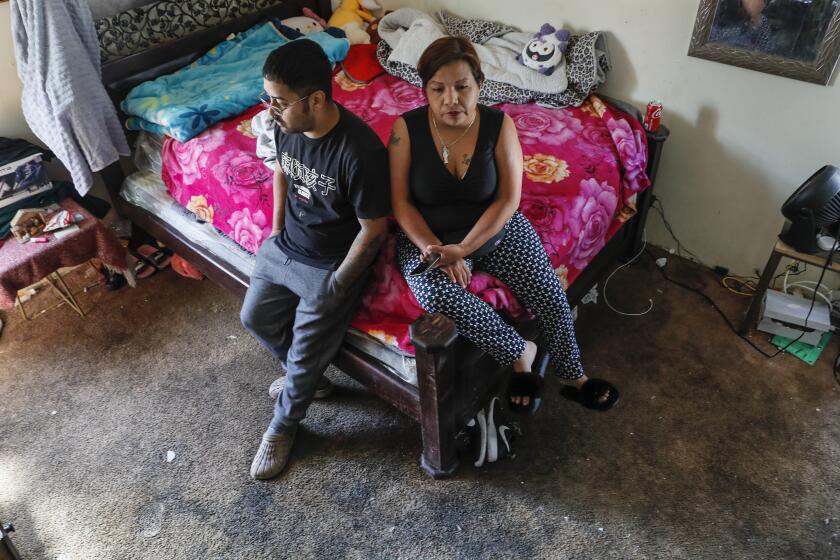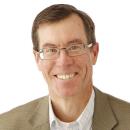He says he woke up during surgery. His lawsuit blames it on anesthesiologist’s fentanyl abuse
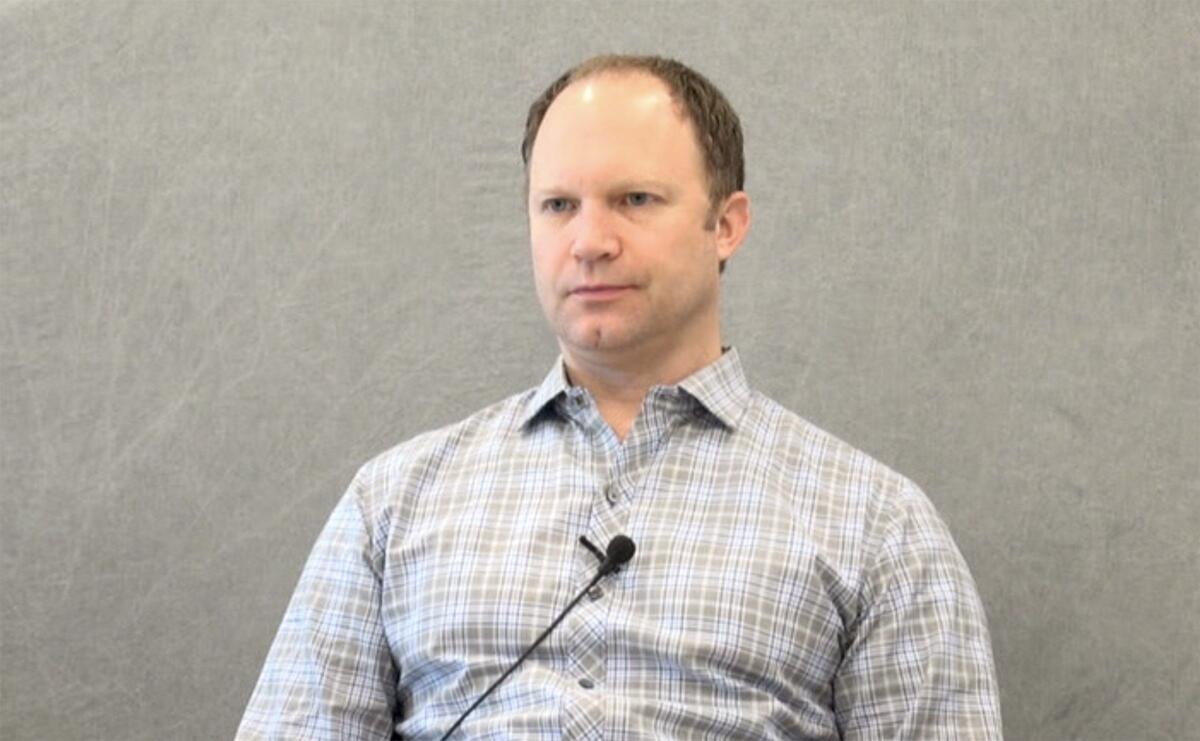
- Share via
SAN DIEGO — Almost as soon as he woke up from surgery, Randy Dalo began to feel something was off.
He was in a lot of pain, more than he anticipated. And, even worse, he told his wife, Karen, of a disturbing dream he had. He saw three or four hazy shadows of people looming over him, then a bright light, and when he tried to scream, he could not. That’s when he woke up.
The dream was so vivid, Dalo believed it was actually a memory — that he had awakened during the surgery. But Karen dismissed that notion. A longtime nurse at UC San Diego Medical Center in Hillcrest who had worked in operating rooms most of her career, she had handpicked the surgical team that operated on her husband in January 2017.
All except one. The morning of the surgery, the anesthesiologist Dalo had chosen was not available. Instead the job would be handled by Dr. Bradley Hay.
For the Dalos, it would prove to be a significant change. Almost six years later, Dalo still suffers from a recurring nightmare of waking up in surgery.
In January, a lawsuit that the Dalos filed is set to go to trial in a downtown San Diego County Superior Court courtroom. It targets Hay, who surrendered his medical license in 2018; Dr. Gerard Manecke Jr., former chief of the anesthesiology department; anesthesiology nurse Tammy Nodler; and the University of California regents.
The lawsuit characterizes her vaccine exemption denial as part of a broader pattern of gender discrimination in the department.
Dalo contends that he was not given enough anesthesia for the operation, and that caused him to awaken. He also contends that Hay and the nurse then falsified the official medical records to make it look as though he had been given enough.
The suit also blames UC San Diego for covering up the startling scene that occurred after the surgery.
Hay was found in a hospital bathroom, unconscious, facedown, his pants around his ankles and covered in vomit. Around him were three syringes, two of which contained sufentanil — a powerful opioid that, a later investigation by the California Medical Board would show, Hay had been stealing along with fentanyl from the hospital for years.
He was injecting himself with the drugs as many as eight times a day, court records in the suit say.
The couple say UC San Diego officials were evasive for months and did not fully disclose what had occurred. They also said that even though the hospital knew Hay had a drug abuse problem and was stealing fentanyl from the hospital as far back as 2003, they never disclosed that fact to any patients.
That could pose a major problem, said Eugene Iredale, the lawyer for the couple. He said UC San Diego’s own information showed that in 2016 and 2017, Hay, who had been off drugs for several years, became addicted to fentanyl again and during that time cared for 800 patients.
The identities of those patients have not been released by UC San Diego, Iredale said.
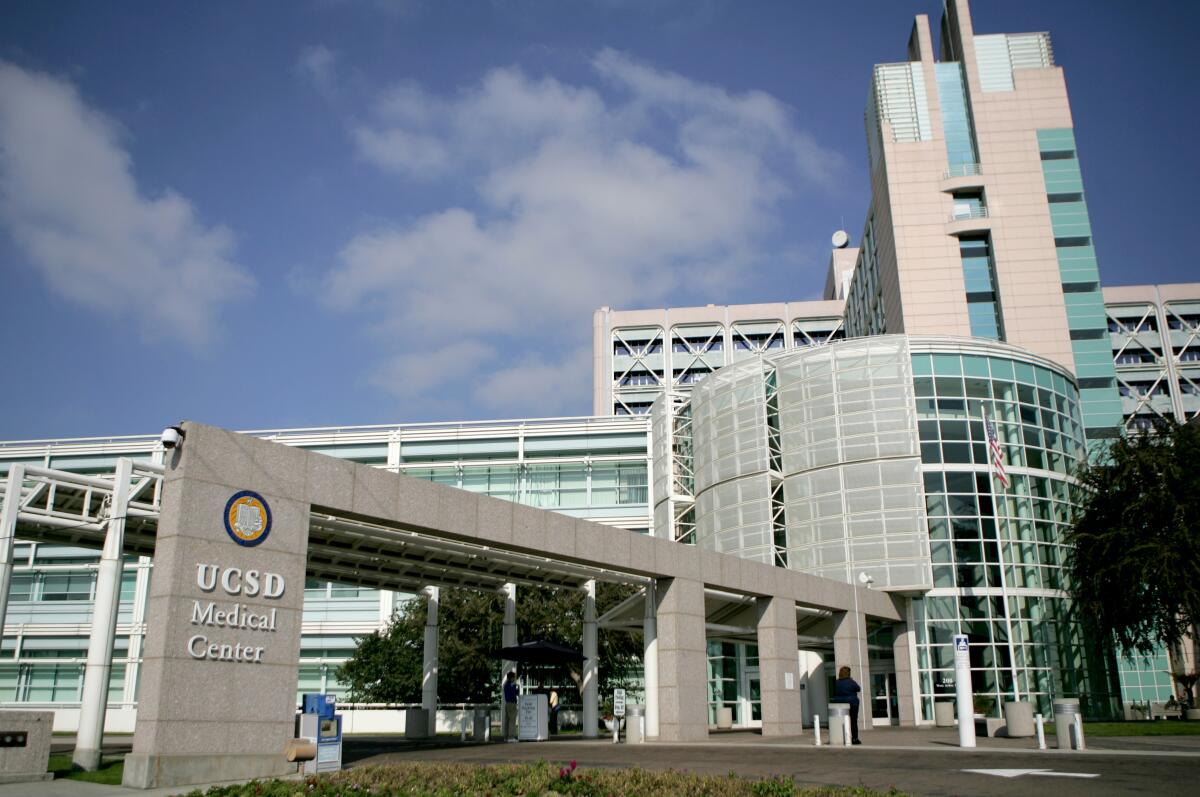
The lawyer for Hay did not return messages by email and phone seeking comment on the suit. Hay gave a lengthy deposition in 2019 detailing his addiction problems that will be part of the upcoming trial.
In court papers, lawyers representing the hospital, Manecke and Nodler argued that UC San Diego’s own expert said that the amount of anesthesia given to Dalo by Hay was “within the standard of care” and therefore the hospital could not be found to be negligent.
Further, UC San Diego contends that the actions of Nodler and Manecke “in no way contributed to the injuries” that Dalo said he suffers from after the surgery.
In an emailed statement, Jacqueline Carr, the executive director of communications for UC San Diego Health Sciences, said that the university could not comment on specifics of an ongoing case but that safety is a “core value” at the hospital.
“We are deeply sorry that a former member of our team violated hospital policies and standards, our trust, and the trust of his patients and co-workers,” the statement read. The statement said former patients of Hay who may have questions about their care can contact UC San Diego at (858) 249-2800.
Surgery gone wrong
After years spent riding the rolling waves of the Pacific as a captain on sport-fishing boats out of San Diego, Dalo needed surgery for back pain. The January 2017 surgery was on his neck, the first of two planned operations that would help him.
After the surgery, he continued to question his wife about whether he had awakened during it, or if something had happened. But for months, according to court records, she brushed off his concerns, telling him she had personally selected the team so he would get the best care.
The disagreement put a strain on their marriage. “My wife did not believe me,” Dalo said in an interview. So he stopped questioning, and he withdrew. However, the nightmares continued.
Unknown to the couple was Hay’s history. Records in the lawsuit and from the Medical Board proceedings say the doctor first started using fentanyl in 2003, when he was a resident at UC San Diego. He stole the highly addictive drug from the hospital and would inject it in bathrooms there.
The federal complaint accuses UC Berkeley of an ‘act of discrimination against the Jewish community’ and equates anti-Zionism, which challenges the state of Israel, with antisemitism.
He joined the hospital staff in 2007, but in 2008 — after colleagues had seen him under the influence while on duty — he was referred to the hospital’s Well-Being Committee. He went for a three-month treatment stint and rejoined the staff in November 2008.
He remained sober until 2014, according to the Medical Board proceedings. In April 2016 he began stealing and using fentanyl again. In a 2019 deposition, Hay said he was using the drug five to eight times a day at the hospital.
During this time, he testified, the hospital made him a member of the Well-Being Committee, which was charged with helping other hospital employees with substance abuse problems.
According to the suit, Hay stole the drugs by obtaining from the pharmacy a certain amount of fentanyl and using only a portion on the patient. He would falsify the medical record to show that all was used on the patient and take the unused portion for himself.
In Dalo’s case, Iredale contends Hay did not give him enough of the drugs to keep him unconscious, holding back some of the drugs for his own use. Medical records showing how much and when anesthetic was administered were falsified, Hay testified in his deposition, according to a motion written by Iredale opposing UC San Diego’s effort to throw out the case.
However, Nodler, the anesthesiology nurse during the surgery, says no records were changed, according to the motion.
Tenants at one of L.A.’s largest apartment complexes continue to live in unsafe conditions months after the city, county and landlord pledged action.
In the months after the surgery, Karen Dalo said she asked Nodler and Manecke whether anything had happened during the surgery. Three weeks after the surgery, Nodler told her that Hay had a “breakdown” after the surgery, but everything with her husband was fine.
She also said that Manecke told her several times that everything went fine with the surgery, court records say. It was not until November — 11 months later — when Karen Dalo read a news story about the state Medical Board suspending Hay’s license because he was found passed out in the bathroom that she realized her husband was not lying to her.
She said she was angry at some of the people where she worked, and that Hay’s addiction problems had not been disclosed. “And guilt as well,” she said in an interview. “For not believing my husband.”
Iredale said UC San Diego has failed both a patient and a longtime employee. “They’ve just resisted acknowledging what happened was wrong, and accept responsibility for it,” he said.
Randy Dalo said he wants UC San Diego to be held accountable for what happened. He sees a therapist for the recurring dream he has of waking up. And he has not yet had the second surgery he needs.
More to Read
Sign up for Essential California
The most important California stories and recommendations in your inbox every morning.
You may occasionally receive promotional content from the Los Angeles Times.
